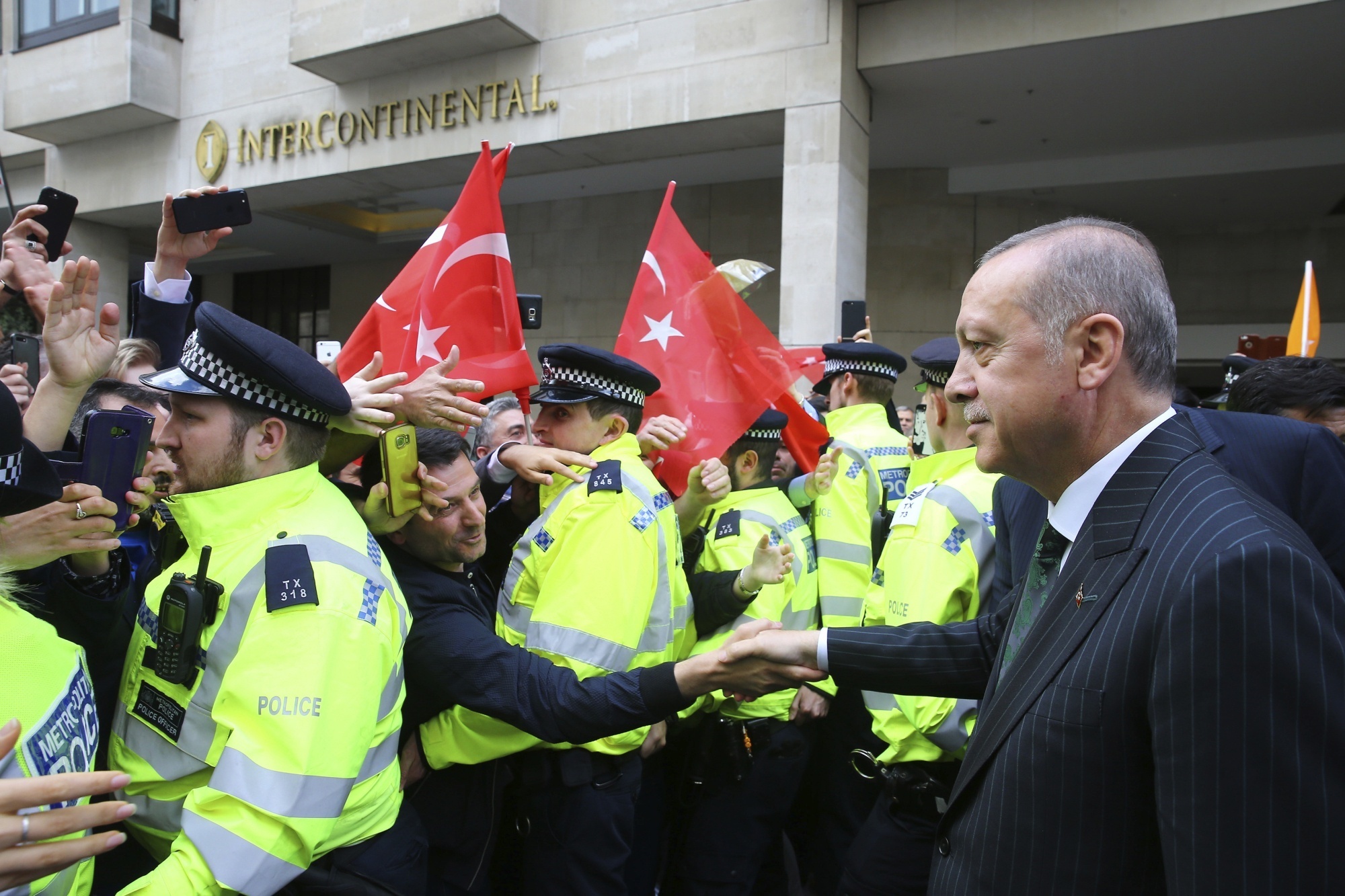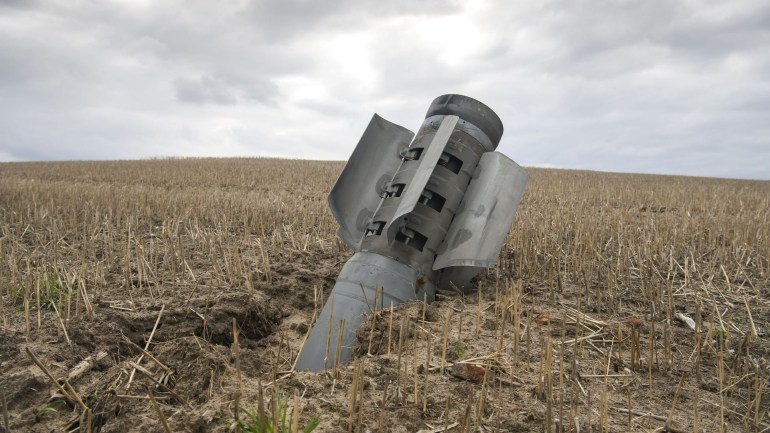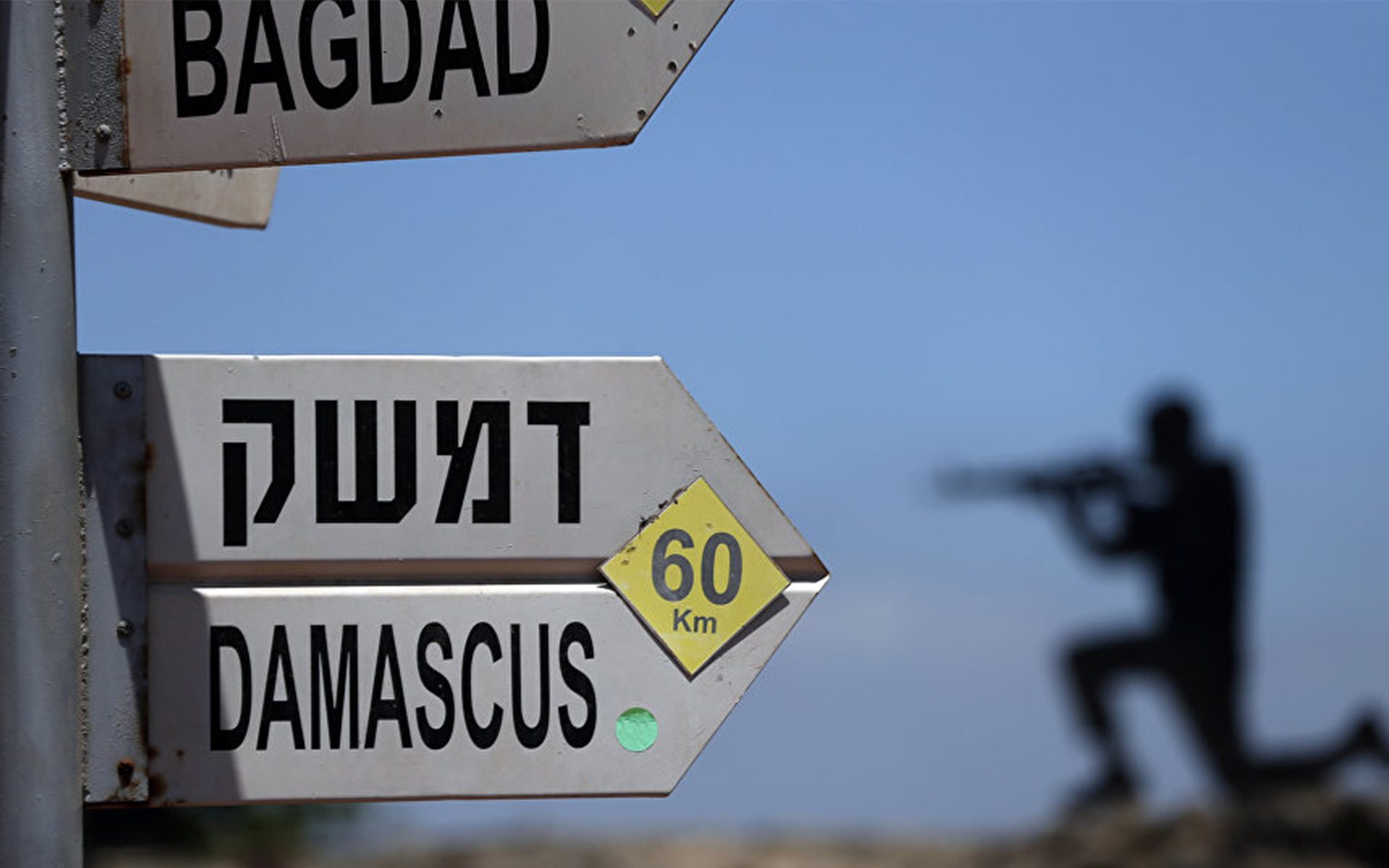
[authorbox authorid=”83″ title=”The Author”]
At Tuesday’s press conference with Turkey’s President Erdogan, the best Theresa May could muster in the form of condemnation of Turkey’s human rights abuses was a pious reminder: “I have underlined to President Erdogan that we want to see democratic values and international human rights obligations upheld”. But May’s appeal fell on deaf ears.
President Erdogan refused to accept that the Turkish journalists currently imprisoned were anything but terrorists and concluded: “Terrorists do not make good journalists.”
Former Turkish ambassador Faruk Logoglu called the visit “the cooing up of two EU castaways”, which is quite understandable. The UK is desperate for post-Brexit trade and President Erdogan is anxious to polish his international credentials ahead of the June elections. But when Theresa May states that “it is important that Turkey does not lose sight of the values it is seeking to defend”, she begs the question, which values?
As I have stated earlier,[1] there has been a tectonic shift in Turkey’s domestic and foreign policy since Erdogan’s AKP (Justice and Development Party) came to power in 2002, so that Turkey now points in the opposite direction to where it started.
In 2012 Ibrahim Kalin, who is now President Erdogan’s spokesman, gave a keynote speech at the Istanbul Forum, where he outlined a new geopolitical framework and rejected the European model of secular democracy, politics and pluralism. As early as 1995, Omer Dincer, who later became Erdogan’s undersecretary and minister of education, put forward a blueprint for dismantling the secular republic.
Erdogan’s chief adviser, Yigit Bulut, has long urged for Turkey to cut its ties with Europe, and last month Ayse Sözen Usluer, the President’s head of international relations, stated that Ankara has long preferred to diversify its foreign policy choices.
“For the last 10-15 years in particular, Turkey has not felt the need to choose between the West and the East, or between the U.S. and Russia. Turkey no longer sees its foreign policy within the framework of the Cold War or East vs. West alliances.”
This, in turn, has raised the question of whether Turkey will seek a policy of non-alignment, although Ms. Usluer claims there is no shift of axis. However, in a panel discussion on the new geopolitcs of Turkey and the West held in March at the Brookings Institution in Washington, Turkish professor Kemal Kirisci stated that economically Turkey has nowhere else to go but the West.
This is borne out by the current situation, where Turkey’s credit and construction driven economy is faced with collapse. Turkey is in hock up to the eyebrows with a slumping lira and 70 percent of its GDP in foreign currency denominated debt. Perhaps buoyed up by his warm reception in Britain, President Erdogan declared he would take greater control of monetary policy if he wins the June elections.
The market responded with a record slump in the lira. Like King Canute, who was persuaded by his courtiers he could command the waves, President Erdogan believes he can command market forces. In which case, he is in danger of getting his feet seriously wet.
————————
[1] http://thehill.com/blogs/congress-blog/foreign-policy/312391-turkeys-tectonic-shift



